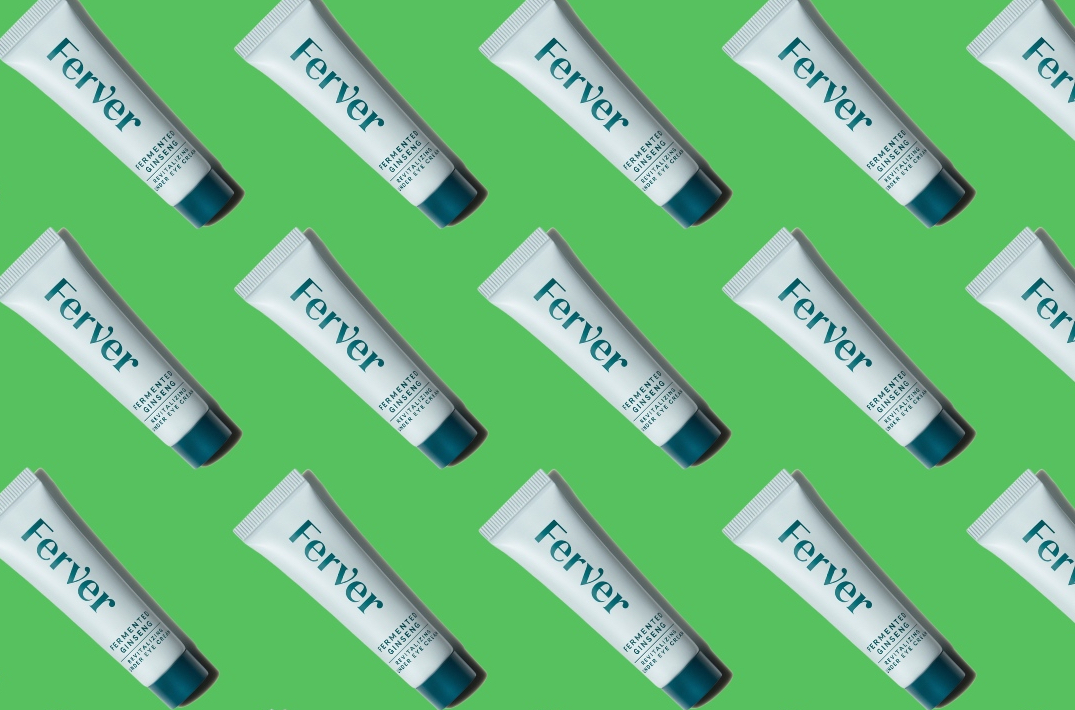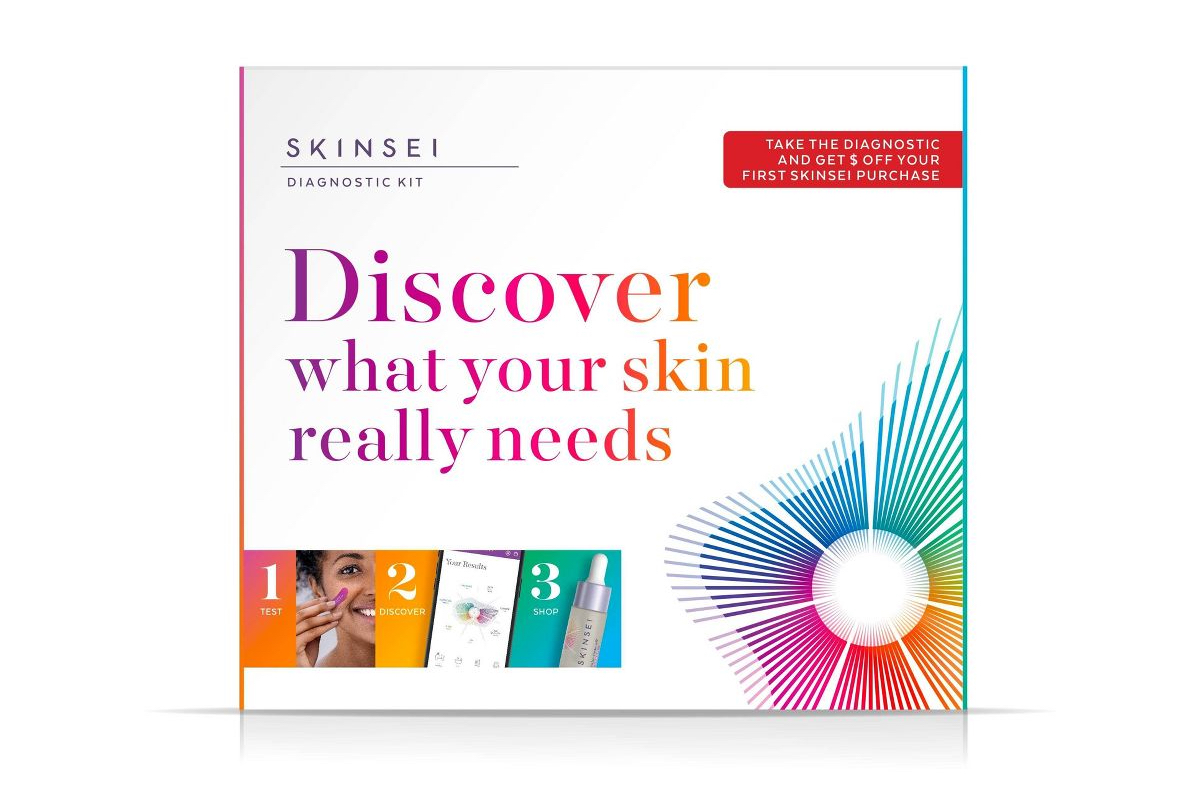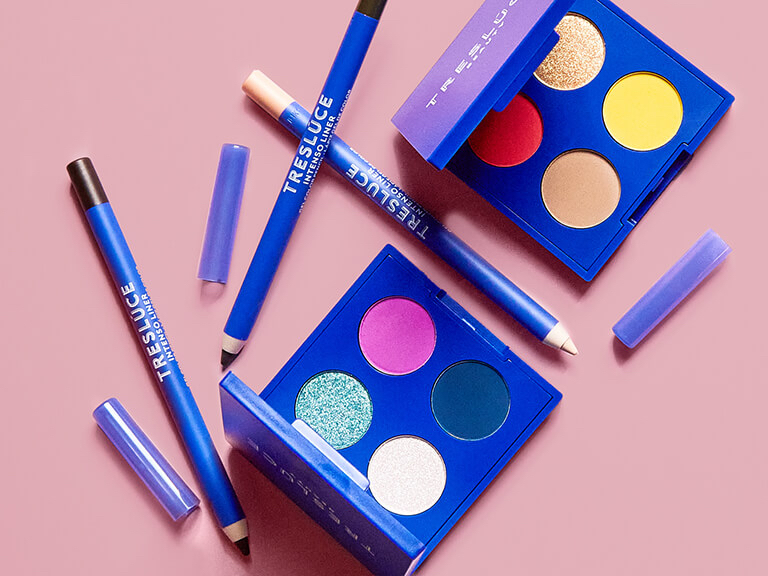
Unilever And Beauty For All Industries Close In-House Brand Incubators
Unilever and Beauty For All Industries have folded in-house incubators formed to foster entrepreneurial energy within their bigger organizations and launch agile brands in high-growth categories.
Unilever has shuttered The Uncovery, an incubator that spawned around 10 brands and churned out products in as little as 39 days to keep up with the speed of direct-to-consumer disruptors, along with its brands such as menopause brand Mojo Wellbeing, protective haircare brand For Every Type, lip-plumping brand Duck Lip Vibes and bald scalp brand Smooth Headcare. Products from diagnostic skincare brand Skinsei and fermented skincare brand Ferver are currently available at Target, although SkinSei’s site has been deactivated and the merchandise on Ferver’s site is completely sold out.
A spokesperson for Unilever attributes the dissolution of The Uncovery to the company’s new structure announced last year dividing its operations into five business groups: beauty and wellbeing, personal care, nutrition, home care and ice cream. Subsequent to the implementation of the new structure, the company has been streamlining under the stewardship of Hein Schumacher, who became CEO in July, by offloading floundering brands to concentrate on the top 30 performers in its portfolio.
In a statement, the Unilever spokesperson tells Beauty Independent, “Since establishing a new Business Group dedicated to beauty, we have decided to reorganize The Uncovery and redeploy the capabilities, learnings and insights back into our Beauty & Wellbeing business, where we continue to drive new business creation and innovate.”
Ipsy parent company BFA has disbanded Madeby Collective, the generator of TikTok star Addison Rae-affiliated cosmetics brand Item Beauty and singer Becky G.-connected cosmetics brand Treslúce Beauty. Item Beauty stopped trading after exiting Sephora a few months ago. Treslúce Beauty is selling at Ulta Beauty and on its own site. Another brand from Madeby Collective, makeup brush brand Complex Culture, divulges on its site that it has closed “the doors on this chapter.”

In a statement, Kristy Westrup, SVP of merchandising at Ipsy, says, “We’re so proud of the products we developed and sourced for Complex Culture and Item Beauty. They were all on-trend and performed beyond our expectations, including several that were among our members’ top-rated in the category. At Ipsy, delivering a delightful experience for our members has always been at the core of our mission. Now, as we continue to evolve our business, we are further amplifying our commitment to this vision. We are focused on building stronger partnerships with the world’s leading brands to curate and deliver the hottest beauty merchandise and an unparalleled experience for our members.”
Executives that helmed The Uncovery and Madeby Collective have moved on to new positions. Selina Sykes, formerly CEO of The Uncovery, is a VP at Unilever, and Laura Fruitman, formerly CMO at The Uncovery, has been appointed global head of marketing at Unilever-owned brand Tresemmé. Sabeen Mia, formerly SVP/GM at Madeby Collective, joined Beauty Pie last year as president.
BFA recently went through a management transition. Co-founder Marcelo Camberos stepped down as CEO as of January this year, and Scott Gilbertson, partner at TPG Growth, a private equity investor in BFA, and former SVP of merchandising at Under Armour, has taken over the role. Camberos remains chair of BFA, which he describes in his LinkedIn bio as the “largest commerce subscription brand in the world, with over $1B in revenues.” Following a pandemic surge, subscription beauty box businesses have stumbled as beauty shoppers return to stores.
Brands close regularly no matter their source, and standalone brand incubators have had their share of struggles. The girth of companies like Unilever and BFA doesn’t fully shield the fledging brands in their universe from broader market conditions bedeviling consumer packaged goods brands like elevated digital advertising costs and diminished effectiveness in the wake of the Apple iOS 14 update, fierce competition for consumers’ wallets and expenditures required for erecting a retail presence. However, at founder-led brands, it’s mostly up to the founders to justify the existence of their brands, while incubators must justify their and their brands’ existence to executives whose bread is buttered elsewhere.
“You don’t have the agility and freedom of action that comes with being truly independent.”
“Innovation is really hard for everyone, corporate, startup, whatever. You can see that in how many startups are also shutting down right now,” says Andrew Ross, senior advisor and venture partner at XRC Ventures and former EVP of strategy, new business development and integration at Estée Lauder. “I do think driving true rather than incremental innovation in a large corporate organization is especially hard, with the exception of ‘pure’ breakthrough R&D.”
He continues, “The solution to create something ‘outside’ the regular system, but still within the corporation makes sense at least on paper. I think experience has shown though that, in many cases, you end up with the worst of all possible worlds. You lose the capabilities that come with being part of the mothership either indirectly as you are not a priority for functions or they view you as an active threat. At the same time, you don’t have the agility and freedom of action that comes with being truly independent.”
P&G Ventures, Procter & Gamble’s in-house brand incubator touting online that it works “to solve unmet consumer needs with new, iconic products, and then shape them to become the next billion-dollar brands,” has been confronting the challenges that led to the demise of The Uncovery and Madeby Collective. According to its site, it has two brands at the moment: eczema specialist Bodewell and pest control brand Zevo. In April, Bloomberg reported that P&G was phasing out Opte, a targeted makeup application wand that emerged from P&G Ventures and, at $599, was one of the priciest P&G products ever.
L’Oréal’s Technology Incubator’s site discloses it has a team of 30-plus physicists, engineers, UX specialists, hardware designers and data scientists, and it made a media splash under the stewardship of Guive Balooch, who last year assumed the title of global president for augmented beauty and open innovation at L’Oréal. Beauty Independent didn’t hear back from a request to L’Oréal for information on the status of its Technology Incubator, but the incubation unit has dismantled select projects. For example, its at-home hair color concept Color & Co. has been shuttered.

Speaking of corporate brand incubators, Josh Ghaim, founding partner at Ignite Venture Studio, an investor, developer and accelerator of consumer brands, says, “They have been tried many, many times unsuccessfully, but they are still being created with two reasons in mind. One is wishful thinking that maybe they will work this time, but partly also underestimating what it takes to make them successful. But, more importantly, they are created in-house with the intention to show that these big companies can also be nimble, innovative and creative, which creates a buzz and potentially helps some PR and talent recruiting opportunities.”
The difficulties of brand incubation at CPG conglomerates have caused the conglomerates to depend primarily on acquisitions to enter hot categories and capitalize on trending businesses. Despite their poor track record of brand incubation, Ross doesn’t believe corporations should give up on it. He argues they should draw lessons from past brand incubation efforts to improve their incubation processes.
“Companies should be praised for experimenting with different models, and there is also nothing wrong with ‘fail fast, fail cheap’ to see if something works,” says Ross. “Sometimes the biggest problem is calling attention to these initiatives for PR or as a response to investor or analyst pressure to ‘do something’ about innovation before you actually accomplish anything. It is asking for trouble.”
He adds that he favors “a hybrid model that is part of a portfolio with M&A…There should a very small and agile team that operates under the radar that has the freedom to pull from the corporate or to go outside to partner with external capabilities all along the value chain. The team’s profile should be more entrepreneurial than seasoned corporate executives, and they should be encouraged to be disruptive in all senses of the word without contravening the values of the parent. Their budget and organization should look more like a startup than corporate. That team needs patient and long-term protection at the CEO level and potentially board support. Even so, there are going to be many more failures than successes.”





Leave a Reply
You must be logged in to post a comment.